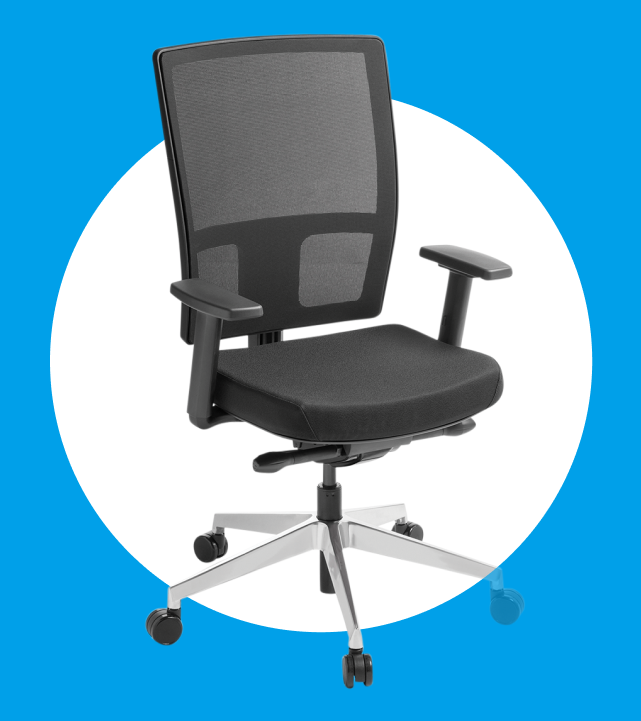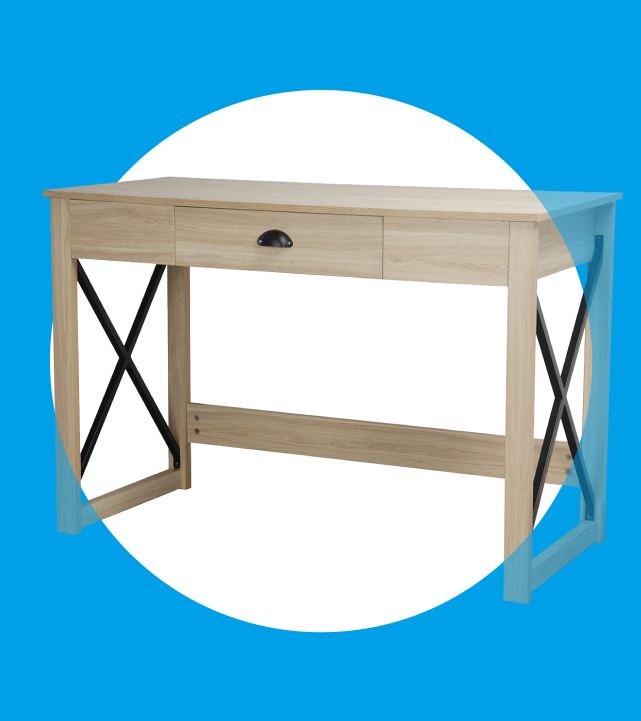WORK LIFE
Building a great work culture in a small business
Fresh from accepting Warehouse Stationery’s third consecutive Retail Employer of the Year award (medium-sized business category), CEO, Pejman Okhovat, shares his views and advice on:
- Why work culture matters to businesses of all sizes, and
- What it takes to build a great one – even on a small budget.
How do you define work culture?
To me, culture is the glue that holds a business together. It is embodied, and recreated every day, by all the people who work there. They are guided and hopefully inspired by the stated and unwritten norms, rules, goals and values of the organisation.
Why does it matter?
Culture shapes the ways we work and interact with colleagues, managers, customers and others. It plays a key role in the way a business operates and how well it performs.
A good work culture enables and encourages people to work in alignment with each other and the overall objectives of the organisation, deliver great results and even enjoy the experience. Other business benefits include:
- Attracting the best people: not just employees or directors, but also suppliers, partners and customers
- A sustained positive influence on financial performance and productivity
That is why, as the saying goes, “culture beats strategy” any day!
What is a ‘good’ or ‘healthy’ work culture?
You know you have a good culture when there is, among other things:
- A high level of employee engagement and job satisfaction
- An experimental approach, with people empowered to take calculated risks and do things differently
- A willingness amongst employees to go the extra mile, and a genuine desire to do the best for their colleagues and the business
What are the fundamental building blocks?
The most important building block is trust. That means treating people like the adults they are and embracing diverse views and contributions.
I have seen first-hand how a culture built on trust helps people to face the most difficult challenges and seize unforeseen opportunities, which benefit the entire business.
It also allows them to develop in step with their organisation, and encourages them to help each other.
This applies to businesses of any size. You don’t need a large team or big budget to have a healthy culture. If people:
- feel that they are trusted to do a good job;
- are provided with the right resources, tools, training and guidance to do that;
- are given opportunities to contribute meaningfully, use their initiative and experiment;
- are accountable for their actions, made in a supportive environment; and
- receive regular feedback – praise, rewards and constructive criticism
then they are far more likely to be happy in their work, give it their all and achieve great results.
At Warehouse Stationery, we constantly strive to build trust amongst our team members, and ensure that the five elements above are in place at all times.
What advice do you have for small businesses in particular?
The personalities and differences between people can be amplified in a small business, due to the size of the team. In this context, it’s especially important to foster mutual respect and appreciation of each other’s points of view.
For example, if there is a quiet person in the team, make sure they get a chance to have their say. They may have a lot of great ideas, after all.
One thing I love about small businesses is that their cultures can feel more personal and more like a family compared with those of larger organisations.
An advantage of this is that the work you put into fostering a positive culture can have an almost immediate impact on people and their performance, which can have positive knock-on effects across the board.
Even small things go a long way. For instance, the simple act of spending more time with your workers – whether that’s in a one-to-one meeting or with the whole team – can make a major difference straight away. Initiatives like this are more important than an expensive Christmas party. Although that too will probably have a positive effect on your work culture!
Stop – Continue – Start
Something that has been particularly effective at Warehouse Stationery, which would work for small businesses looking at ways to give feedback and improve performance, is the Stop – Continue – Start model.
This simple model allows us to learn from what we have done.
To explain, in anything we do there are always aspects that:
- Work well (which we want to continue);
- That don’t work so well (which we want to stop); and
- That we may have missed, or did not get the chance to do something about (which we want to start doing).
This approach helps take the emotion out of feedback and allows us to be objective about what we do in the future, as an organisation, a team or an individual. I’d recommend you consider implementing it as part of your efforts to foster a great work culture.



